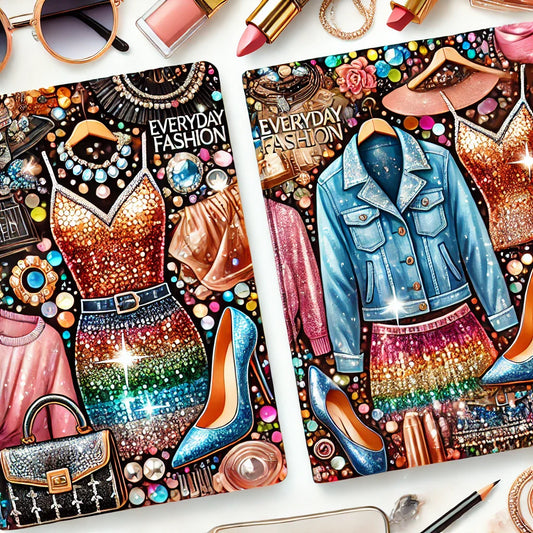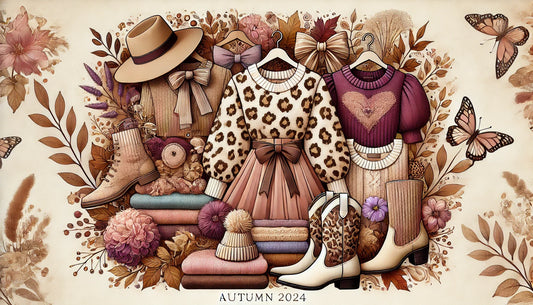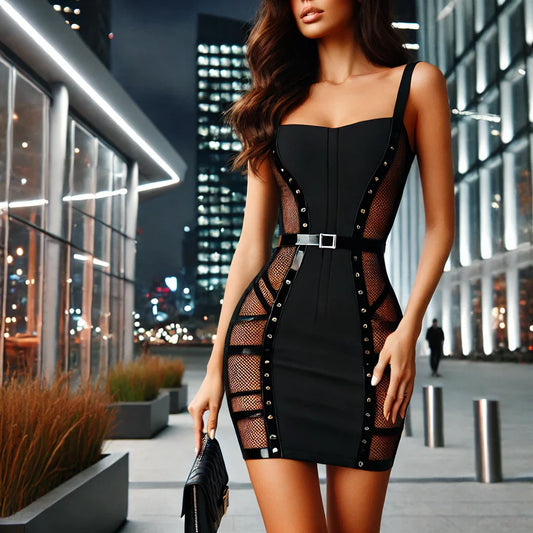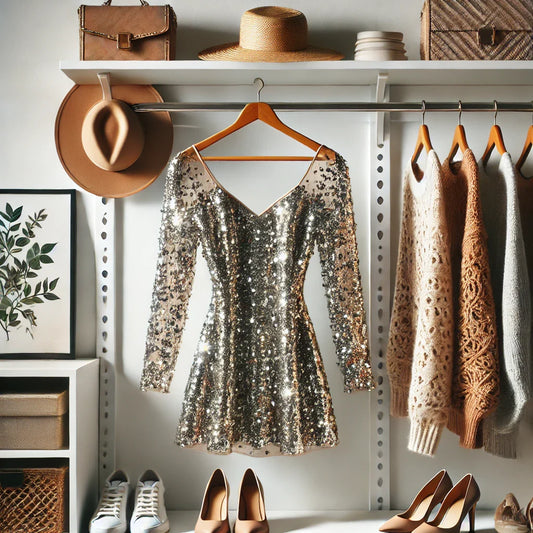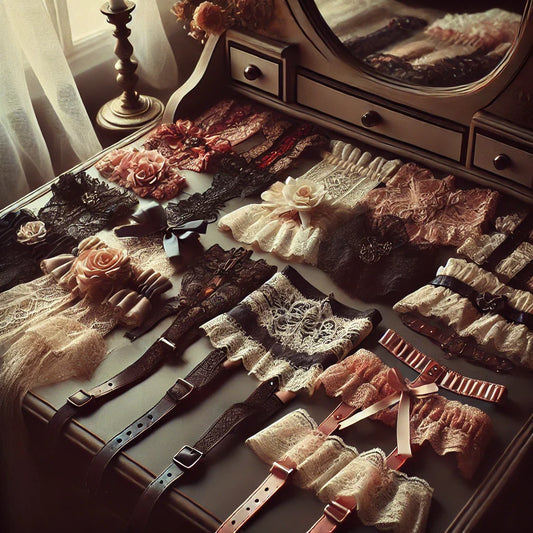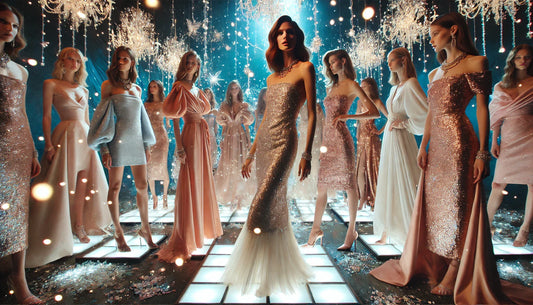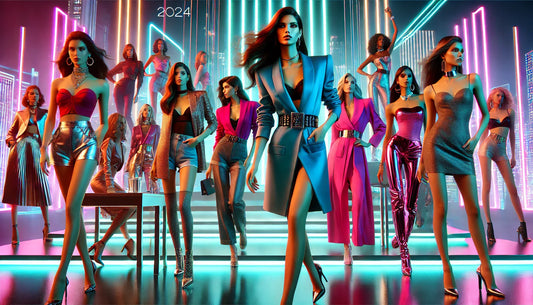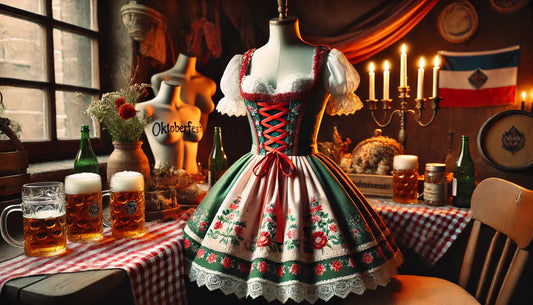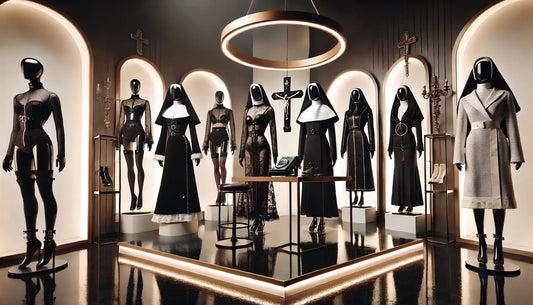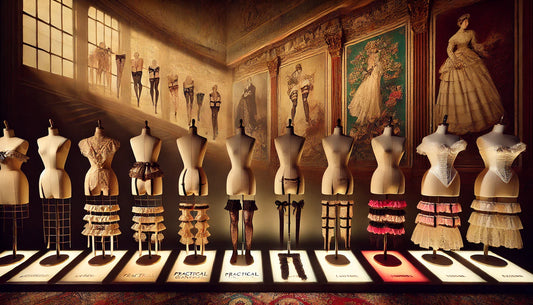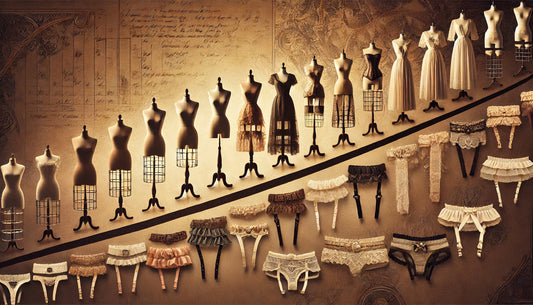Sustainable and Ethical Fashion: Your Ultimate Guide
Sustainable and ethical fashion isn't just a trend—it's a vibrant movement towards a more conscientious, compassionate, and environmentally-friendly approach to what we wear. As the fashion industry evolves, so does our awareness of its profound impact on the planet and the people who meticulously craft our clothes. This guide will answer the seven most frequently asked questions about sustainable and ethical fashion, giving you the tools you need to make informed choices that align beautifully with your values.
1. What Is Sustainable Fashion?
Sustainable fashion refers to clothing that is designed, manufactured, distributed, and worn in ways that are gentle on our environment. This includes:
- Eco-friendly Materials: Utilizing organic, recycled, or biodegradable fabrics that help reduce waste.
- Sustainable Manufacturing: Emphasizing methods that significantly reduce waste, energy consumption, and water use during production.
- Longevity: Crafting high-quality, durable clothing that stands the test of time, promoting a shift away from disposable culture.
- Fair Labor Practices: Advocating for fair wages, safe working conditions, and unwavering respect for workers' rights around the globe.
- Transparency: Brands that are committed to openness share their supply chain practices and sourcing methods with honesty.
- Animal Welfare: Ensuring no materials or practices harm animals enhances the ethical dimension of fashion.
- Certifications: Look for trusted certifications like Fair Trade, GOTS (Global Organic Textile Standard), and B Corp that verify ethical practices.
- Transparency: Brands that openly provide detailed information about their supply chains, sourcing, and labor practices earn your trust.
- Materials: Fostering a preference for organic, recycled, or sustainable materials is key to supporting ethical fashion.
- Reputation: Dive into reviews, ratings, and third-party assessments to gauge the brand's dedication to sustainability and fair labor practices.
- Environmental Impact: Heightened levels of waste, pollution, and resource consumption threaten our planet's health.
- Labor Exploitation: Poor working conditions, alarming low wages, and instances of child labor plague factories in this system.
- Overconsumption: Fast fashion fosters a throwaway culture that leads to staggering amounts of textile waste.
- Buy Less, Choose Well: Prioritize quality over sheer quantity. Invest in timeless, versatile pieces that won’t fade with passing trends.
- Secondhand and Vintage: Discover treasures at thrift stores, consignment shops, and online marketplaces, embracing pre-loved items.
- Care and Repair: Nurture your clothes by learning basic repair skills to mend minor damages, prolonging their lifetime.
- Eco-friendly Brands: Actively support brands that put sustainability and ethical practices front and center.
- Organic Cotton: A fantastic choice, grown without harmful pesticides and chemicals for safer wear.
- Recycled Fabrics: Ingeniously crafted from recycled materials, such as plastic bottles or old garments, giving new life to waste.
- Hemp: An eco-star that requires less water and pesticides, while being remarkably durable.
- Tencel/Lyocell: Derived from sustainably sourced wood pulp, offering a soft touch that’s kind to the earth.
- Linen: Crafted from the flax plant, it’s biodegradable and requires far less water and pesticides than conventional fabrics.
-
Advocate: Champion the cause by raising awareness about sustainable and ethical fashion within your
Sustainable fashion aims to minimize the environmental footprint of our clothing choices, paving the path to a greener future.
2. What Is Ethical Fashion?
Ethical fashion shines a spotlight on the social impact of clothing production. Key aspects include:
Ethical fashion revolves around treating people and animals with the utmost respect and dignity, creating a better world for everyone involved.
3. How Can I Identify Sustainable and Ethical Brands?
Here are some valuable tips for spotting genuine sustainable and ethical brands:
Brands committed to sustainability and ethics are usually eager to share their efforts, highlighting their positive contributions to the fashion ecosystem.
4. Why Is Fast Fashion Problematic?
Fast fashion epitomizes the rapid production of cheap, low-quality clothing designed to meet fleeting trends. Its challenges include:
The hidden costs of fast fashion on the environment and human rights are often underestimated yet significant, masked by enticingly low price tags.
5. How Can I Make My Wardrobe More Sustainable?
Transitioning to a sustainable wardrobe involves making mindful and intentional choices:
Building a sustainable wardrobe revolves around thoughtful, intentional choices that reflect your commitment to a brighter future.
6. What Are Some Sustainable Fabrics to Look For?
Selecting the right materials is crucial for achieving sustainability. Consider these fabulous options:
Opting for these luxurious fabrics not only enhances your wardrobe but significantly reduces the environmental impact of your clothing choices.
7. How Can I Support Ethical Fashion Beyond Buying Clothes?
Supporting ethical fashion stretches beyond merely purchasing clothes; here’s how you can extend your influence:

